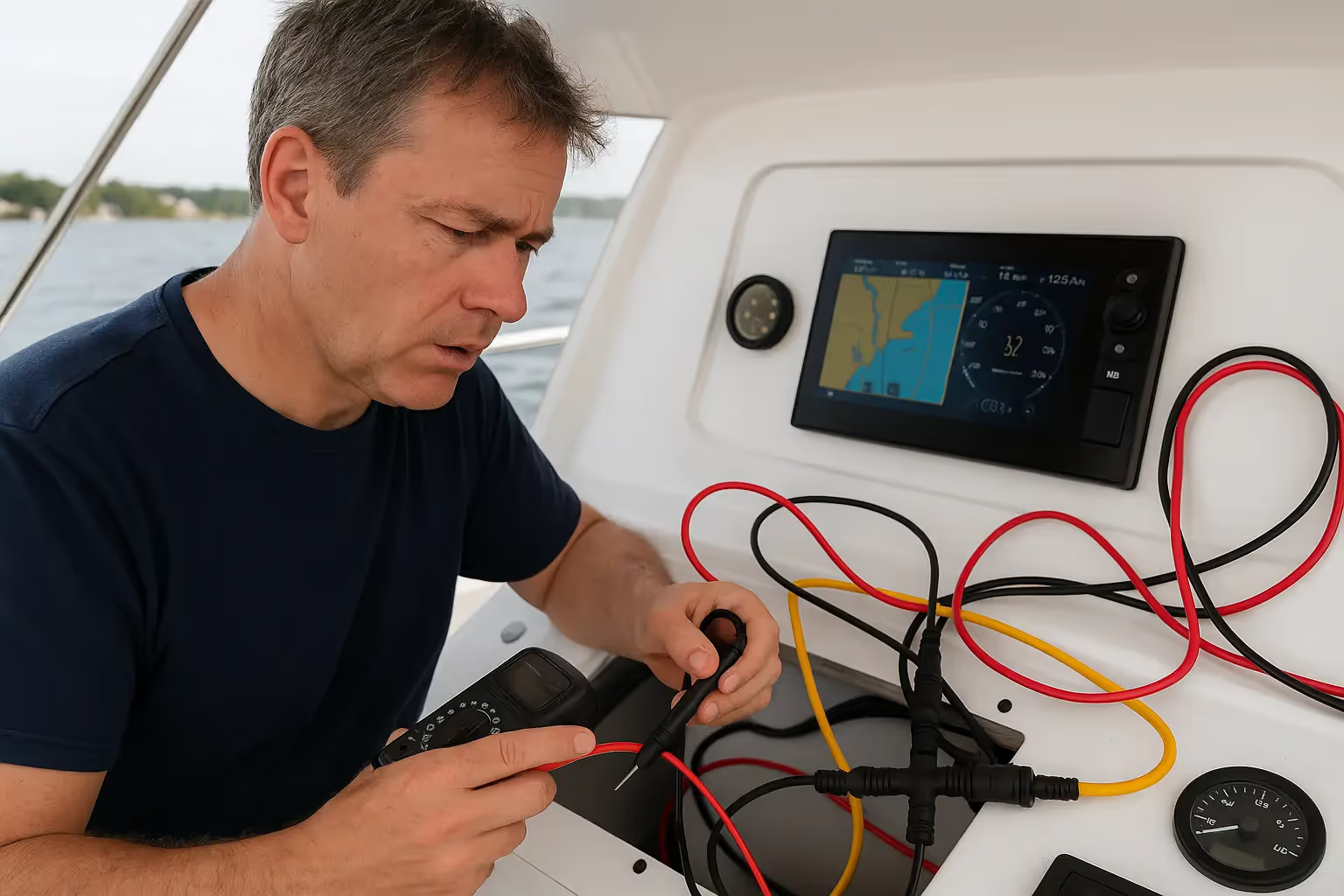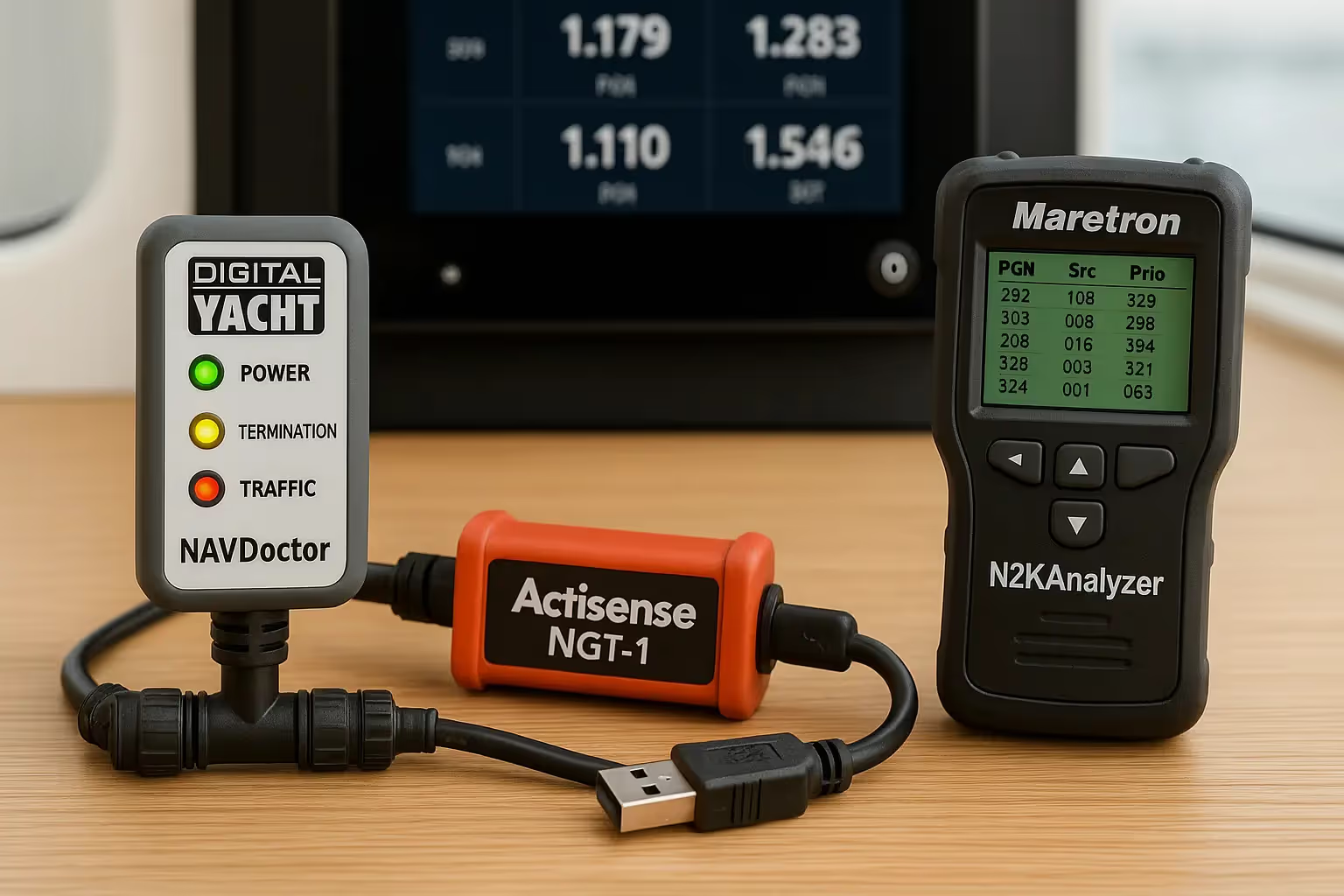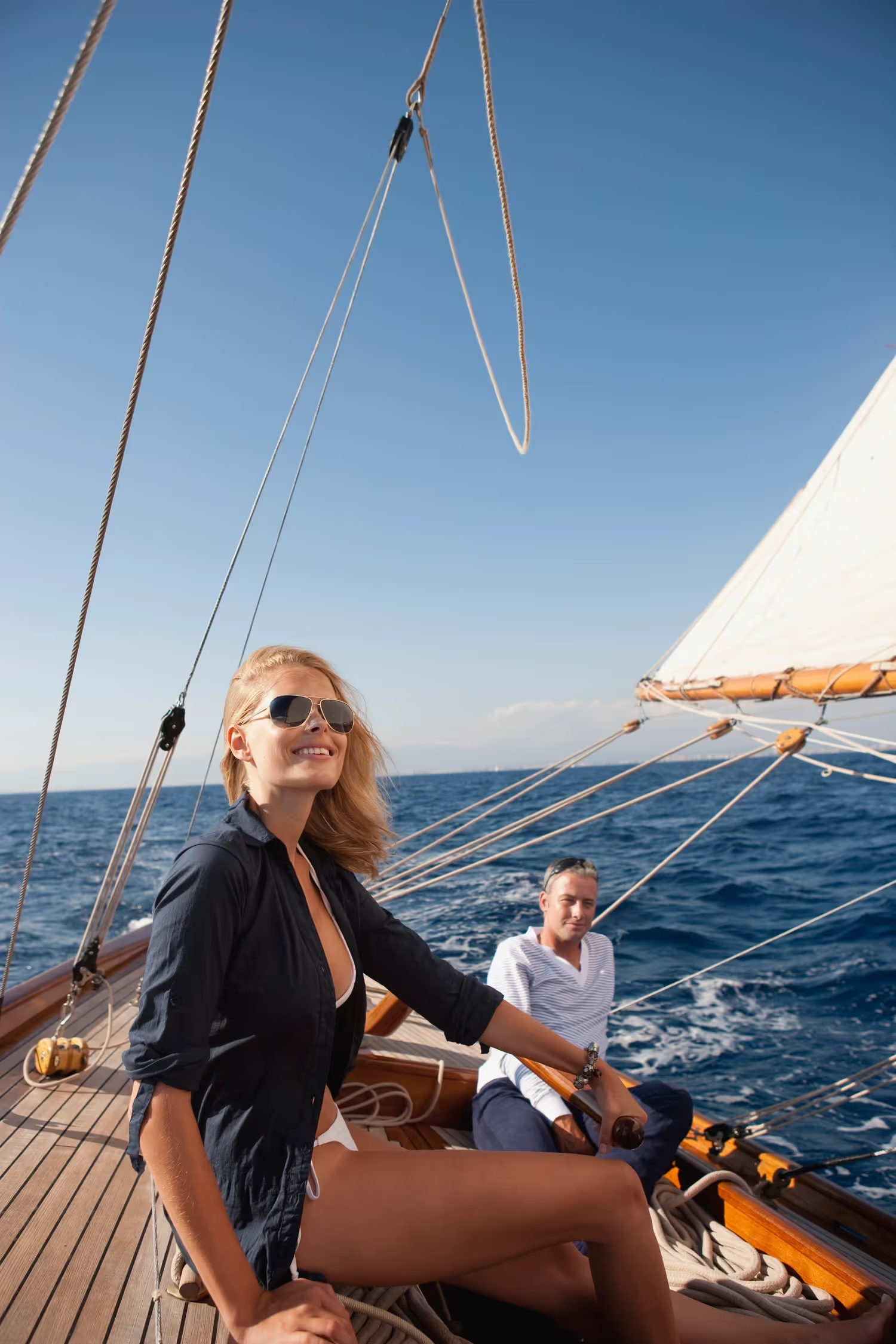Delving Deeper: Advanced Coastal Navigation Techniques
.jpeg)
Section 1: Understanding Coastal Navigation
What is Coastal Navigation?
Coastal navigation, at its essence, is the intricate art and science of maneuvering a vessel in proximity to shorelines. It's a specialty that requires a thorough understanding of the maritime environment in addition to technical skills. The purpose of this section is to shed light on the basic principles of coastal navigation, laying the groundwork for more sophisticated methods.
Navigators must adeptly interpret nautical charts, which are the maritime equivalent of road maps, offering detailed information about coastal contours, depths, hazards, and aids to navigation. Mastery of chart reading is indispensable, as it forms the basis for all subsequent navigational decisions.
The use of navigational instruments is equally important. These instruments, which range from the classic compass to contemporary GPS units, are necessary for charting and navigating a path. Even though they are less popular these days, traditional equipment like sextants are nevertheless important when teaching navigation basics.
Another essential component is knowing the tides and currents in your area. The moon, sun, and weather patterns are just a few of the many variables that affect the dynamic nature of coastal seas. Routing requires an understanding of these factors, particularly in places with large tidal ranges or powerful currents.
Lastly, applying meteorological knowledge is crucial. Weather conditions can change very quickly, affecting visibility, sea state, and even the course of a journey. A skilled coastal navigator needs to be able to anticipate and adapt to these changes, ensuring safety and efficiency. Coastal navigation is a multifaceted skill, blending chart work, instrument proficiency, tidal understanding, and meteorological awareness. It's a dynamic process that requires continuous learning, adaptability, and respect for the marine environment.
Section 2: Advanced Training in Coastal Navigation
RYA Coastal Skipper Course
Elevating one's proficiency in coastal navigation requires advanced training, a journey beyond the basics into the realm of expert seafaring. Here we delve into the Royal Yachting Association (RYA) Coastal Skipper Course, a comprehensive program designed for sailors looking to master coastal and offshore navigation.
The RYA Coastal Skipper Course is a gold standard for navigational instruction. Designed for people who have sailed before, this course focuses on advanced skippering skills, which are necessary to navigate offshore and coastal seas with confidence. For sailors, it's a paradigm shift from being skilled crew members to being skilled skippers.
Central to this course is advanced pilotage. This involves navigating in limited visibility, intricate passage planning, and executing precise maneuvers in various sea conditions. Through this students learn how to make intricate navigational decisions, blending traditional methods with contemporary electronic aids.
Another crucial aspect is seamanship. The course emphasizes the importance of managing a yacht in adverse conditions, including handling heavy weather and emergencies. It instills a deep understanding of safety procedures, crew management, and vessel maintenance, aspects that are essential for all extended voyages.
This course also offers hands-on experience in advanced boat handling. Techniques for docking in challenging conditions, managing the vessel under power and sail, and mastering night sailing are all covered comprehensively. These skills are vital for skippers who want to undertake longer, more challenging passages.
In summary, the RYA Coastal Skipper Course is a gateway to advanced coastal navigation. It equips sailors with a higher level of skill, confidence, and competence, essential for safe and efficient sailing in diverse maritime environments. The goal of this program is to help you become an experienced navigator who is prepared to take on the challenges presented by the ocean. It is not simply about learning.
Section 3: In-Depth Learning - Advanced Coastal Navigation (ACN) Course
ACN Course Content
The Advanced Coastal Navigation (ACN) course represents a pinnacle in maritime education, offering an immersive and comprehensive exploration of sophisticated navigational techniques. Tailored for those committed to mastering coastal cruising, this course is particularly beneficial for sailors planning extended voyages along intricate coastlines.
Advanced chart work lies at the heart of the ACN course. Participants dive into complex chart interpretation and learn how to decipher intricate details that go beyond basic map reading. This includes understanding and integrating various chart symbols, tidal streams, and depth contours, crucial for safe navigation in challenging coastal waters.
Electronic navigation is another crucial component. The course covers the use of modern GPS systems, radar, and other electronic aids, teaching sailors to integrate these technologies along with traditional navigation methods. This hybrid approach ensures that navigators are adept in both worlds and more than ready to adapt should one system fail.
Understanding complex tide and current data is another focus area. To safely plan trips through places with strong currents and considerable tidal variations, sailors must have the ability to comprehend and apply detailed tidal information.
The main goal of the ACN course is to improve your navigational knowledge and abilities. It's an exploration of the subtleties of coastal navigation, giving sailors the knowledge and skills they need to cruise the world's many coastlines safely, effectively, and with confidence.
Conclusion
Advanced coastal navigation transcends mere skill; it's a constantly evolving journey of knowledge and experience. Whether through structured courses like the RYA Coastal Skipper or the ACN, or hands-on practice, mastering these techniques is essential for safe, enjoyable sailing. This journey is not just about learning how to read charts or interpret tides; it's about developing a profound connection with the sea. As navigators start to deepen their understanding and refine their skills, they not only ensure safer voyages but also enhance their enjoyment and appreciation of the maritime world.
FAQs
What are the prerequisites for the RYA Coastal Skipper Course?
- The course typically requires some prior experience, such as the Day Skipper qualification, along with a solid foundation in navigation and sailing skills.
How does coastal navigation differ from offshore navigation?
- Coastal navigation involves navigating near land, using landmarks and coastal features for orientation. While offshore navigation relies more on celestial navigation and electronic aids due to the lack of visible references.
What are the most important tools for coastal navigation?
- Essential tools include nautical charts, compasses, GPS, depth sounder, and a solid understanding of tidal and weather information.
How important is understanding tides in coastal navigation?
- Tides are crucial when it comes to coastal navigation. Understanding the timing and strength of tides can affect route planning, especially in areas with significant tidal ranges or strong tidal currents.
Can technology replace traditional navigation skills in coastal navigation?
- While technology, like GPS, has transformed navigation, traditional skills will always be vital. Electronic systems can fail, so a good navigator should always be able to revert to basic chart work and dead reckoning.















